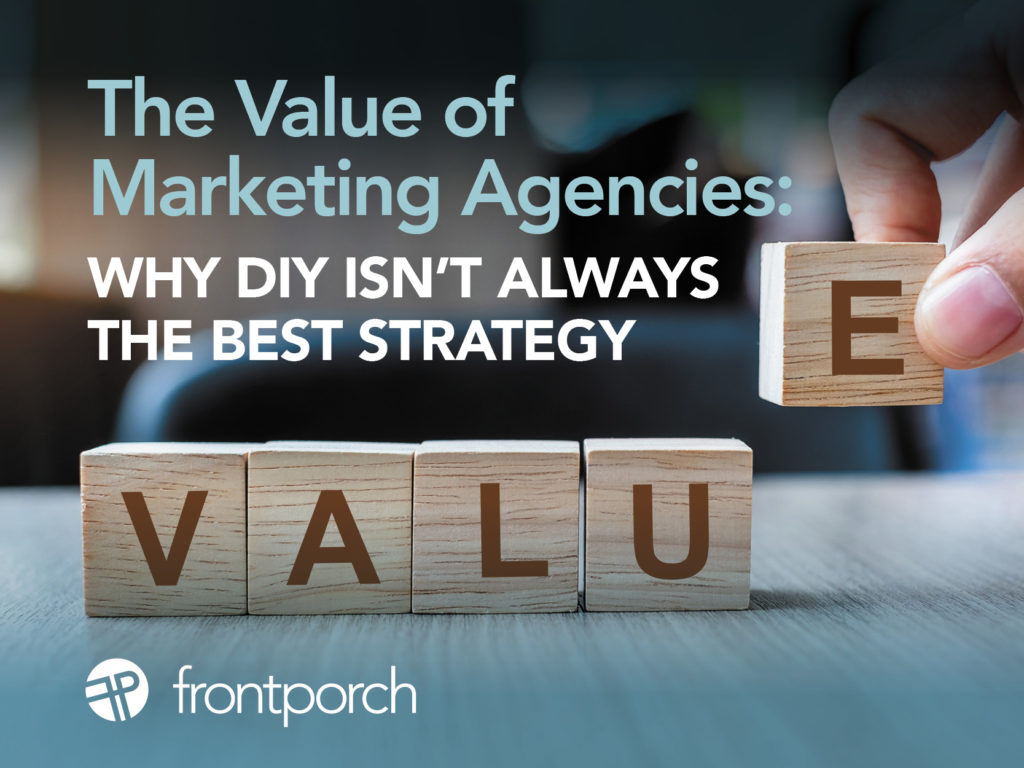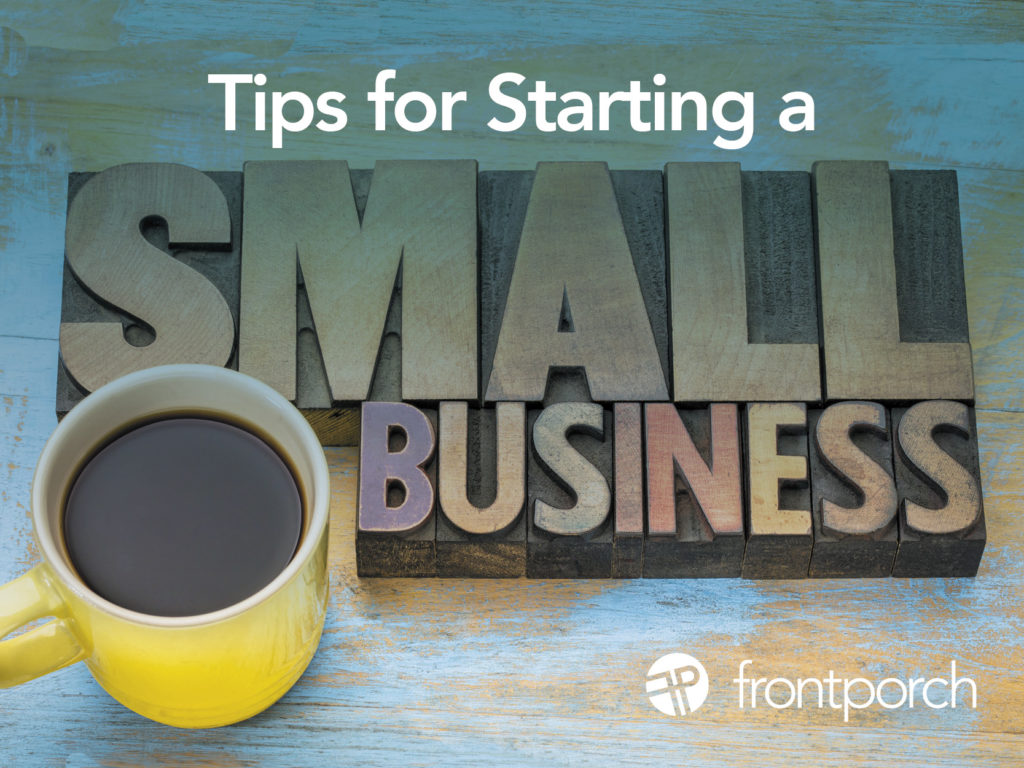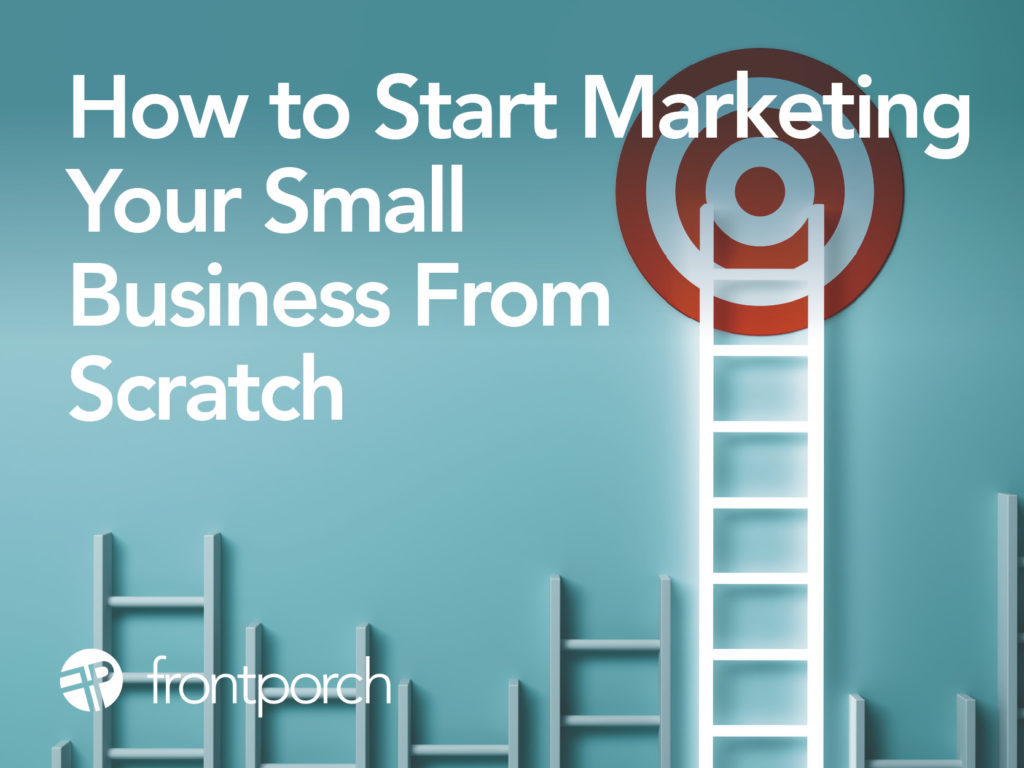
In the dynamic world of business-to-business interactions, forging strong B2B partnerships is essential for long-term success and growth. These strategic alliances not only expand market reach but also foster innovation and mutual support. However, building strong B2B partnerships requires careful planning, effective communication, and a commitment to shared goals. Here are some key strategies that businesses can implement to cultivate meaningful and enduring partnerships in the B2B landscape.
Establish Clear Objectives and Alignment in B2B Partnerships
At the core of any successful partnership lies a shared understanding of objectives and alignment of goals. Before embarking on a collaboration, take the time to define what success looks like for both parties. Clarify mutual expectations, identify common challenges, and outline how each partner can contribute to achieving shared objectives. For example, a technology company seeking to enhance its cybersecurity offerings may form a strategic alliance with a cybersecurity firm to jointly develop integrated solutions that address both data analysis and security concerns.
Foster Open and Transparent Communication
Effective communication is the cornerstone of any successful relationship, and B2B partnerships are no exception. Cultivate an environment of open dialogue and transparency, where both parties feel comfortable expressing their needs, concerns, and ideas. Regular check-ins, status updates, and feedback sessions help ensure that everyone remains on the same page throughout the partnership journey. For instance, a manufacturing company building strong relationships with suppliers ensures a steady supply of raw materials or components, fostering reliability and efficiency in the production process.
Prioritize Mutual Benefit and Value Creation for B2B Partnerships
Successful B2B partnerships are ones where both parties derive tangible value from the collaboration. Focus on identifying areas of mutual benefit and value creation, where each partner can leverage their strengths to achieve shared goals. Whether it’s access to new markets, innovative technologies, or complementary expertise, seek opportunities to create win-win scenarios that drive mutual growth and success. For example, a software company may partner with a network of resellers to distribute its products to different geographic regions or industries, expanding its market reach while providing the resellers with a lucrative revenue stream.
Invest in Relationship-Building and Trust
Building strong partnerships takes time and effort, and investing in relationship-building is essential for long-term success. Take the time to get to know your partner’s business, culture, and values, and foster personal connections with key stakeholders. Building trust is paramount, so be reliable, transparent, and honest in your interactions. Demonstrate a commitment to the partnership by following through on promises, addressing concerns promptly, and actively seeking ways to add value to your partner’s business. For instance, marketing and co-marketing partnerships allow businesses to collaborate on initiatives that amplify both parties’ reach and visibility, such as co-creating content or launching co-branded campaigns.
Embrace Collaboration and Adaptability in Your B2B Partnerships
Flexibility and adaptability are essential qualities for successful B2B partnerships. Embrace a spirit of collaboration and be open to exploring new ideas, strategies, and opportunities together. Remain agile in responding to changing market dynamics, evolving customer needs, and emerging industry trends. By fostering a culture of innovation and continuous improvement, you position your partnership for long-term relevance and resilience in the face of uncertainty. For example, companies often form partnerships to enhance their product offerings or expand into new markets, leveraging each other’s expertise to develop innovative solutions that address evolving customer demands.
Leverage Expertise Through Strategic Partnerships
Leveraging expertise through strategic partnerships can provide B2B companies with specialized skills and knowledge to enhance their offerings and market presence. Collaborating with a marketing firm, for example, can offer significant benefits for businesses looking to elevate their brand visibility, generate leads, and drive revenue growth. A B2B partnership with a marketing firm can provide access to a range of marketing services, including strategic planning, digital marketing, content creation, and campaign management. By tapping into the expertise of marketing professionals, B2B companies can develop tailored marketing strategies and tactics that resonate with their target audience and align with their business objectives.
For instance, a professional services company seeking to expand its market reach may partner with a marketing firm specializing in B2B lead generation and digital marketing. Through this partnership, the services company gains access to a team of marketing experts who can develop targeted campaigns, optimize online presence including SEO, and leverage data analytics to identify and nurture leads effectively. By outsourcing marketing efforts to a trusted partner, the services company can focus on core business operations while benefiting from the marketing firm’s industry knowledge, resources, and experience.
Cultivating Strong B2B Partnerships is a Win-Win
In the interconnected world of B2B commerce, building strong B2B partnerships is not just advantageous — it’s imperative for sustainable growth and competitiveness. By following these strategies and incorporating examples of specific partnership types, including collaborations with marketing firms, businesses can cultivate meaningful and enduring partnerships that drive mutual success. As you navigate the intricacies of B2B relationships, remember that the strength of your partnerships lies in your ability to collaborate, communicate, and innovate together.









